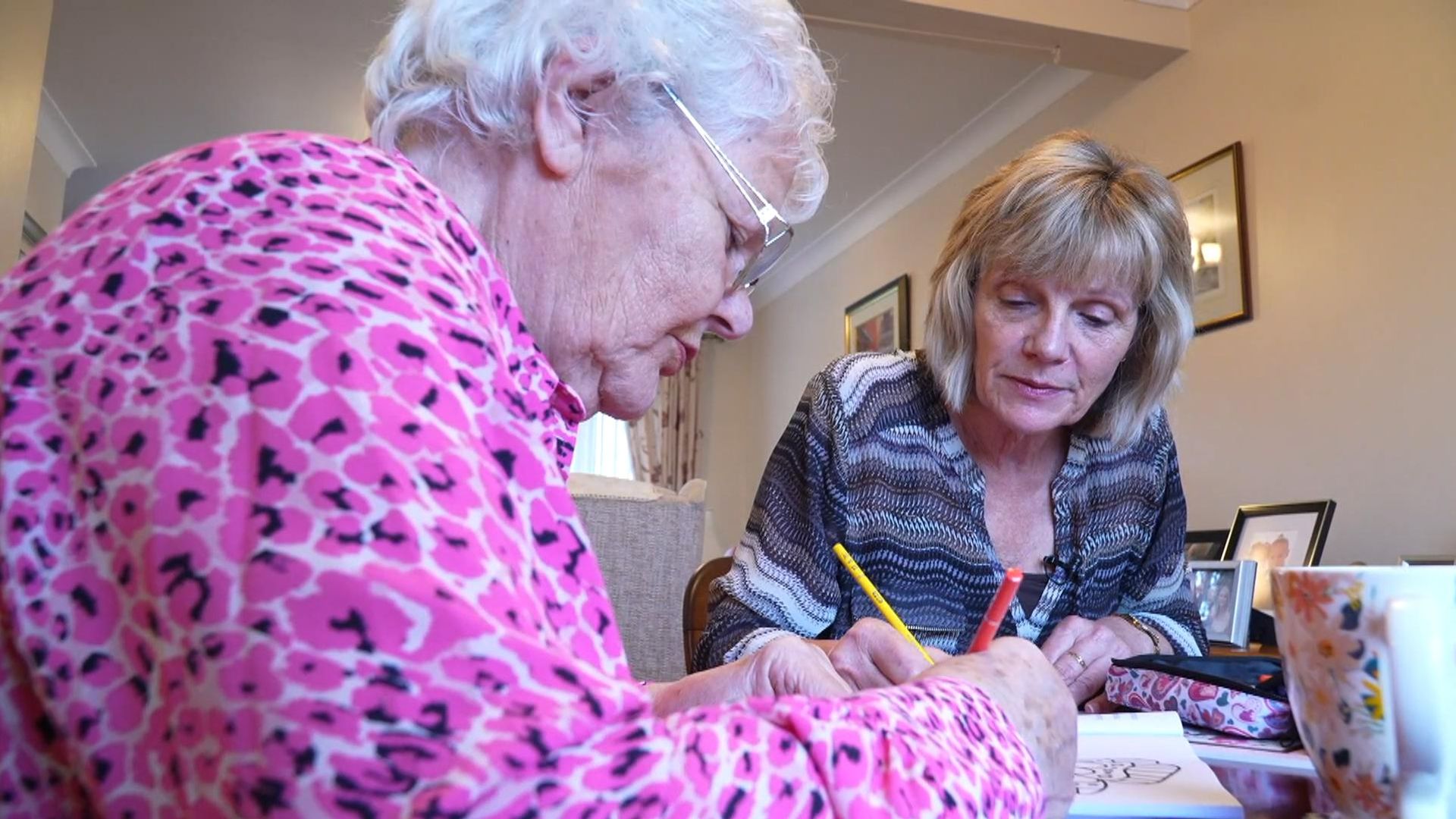
The BDN Opinion section operates independently and does not set news policies or contribute to reporting or editing articles elsewhere in the newspaper or on bangordailynews.com.
Laura Supica represents part of Bangor in the Maine House of Representatives. She is the House chair of the Veterans and Legal Affairs Committee.
The only low-barrier shelter in Bangor, the Hope House and Living Center, is owned and operated by Penobscot Community Health Care. It provides emergency shelter and vital services to Bangor’s unhoused residents, including three daily meals, medical and mental health care and a transitional housing program.
However, the future of this crucial institution hangs in the balance as it grapples with an alarming $800,000 deficit in the coming year, a number that is likely to reach $1 million annually. It is imperative that we, as a community, recognize the significance of investing in Hope House and work to secure state funding to ensure its survival.
Maine is home to just five low-barrier shelters, making them a precious resource for individuals experiencing homelessness. If Hope House were to close its doors, the repercussions would be devastating. The absence of a low-barrier shelter option would force the unhoused to seek refuge in the few other already overcrowded shelters, or worse, find themselves without any shelter at all. With the uptick in extreme weather, people living on the streets are more vulnerable now than ever before. The consequences of such a scenario will result in even higher rates of mortality among this population.
While it is crucial to invest in building new housing in order to address our state’s crisis-level housing shortage, we must acknowledge that this is the ultimate step in the journey towards stability, and no matter how much new housing is built, low-barrier shelters will always need to be funded. They will always be a first stop for folks looking for support, a place where individuals can find immediate safety and resources. Hope House serves as this critical place for countless individuals on their path out of homelessness.
While the city of Bangor has committed to making investments in Hope House using American Rescue Plan Act funds, it is important to note that these funds were specifically designed for expansion and cannot be used to alleviate the existing financial burden. It is unlikely that a partner organization will emerge that is willing to shoulder the substantial ongoing debt the shelter faces. Making the urgency for state funding even more apparent. Shelters do not make money, but they will always need money to stay open.
In the state Legislature, a bill has been proposed to provide additional ongoing funding for the shelter. However, even this proposed investment will not be enough to meet the current need. With other competing funding priorities, it is unfortunate but likely that even this nominal support will be diminished.
Failing to make this necessary investment would not only jeopardize Hope House, but would also place an overwhelming burden on other shelters throughout the state. These shelters will be forced to take on more than they can handle, potentially plunging them into deep financial disaster alongside Hope House. The responsibility lies with all of us, as a city and as a state, to prevent this domino effect of shelter overwhelm and closure.
To sustain and secure the future of Hope House, and our region’s wellbeing, the state must commit to an annual allocation of roughly $1 million. This investment will ensure that Hope House can continue providing vital services to those in need, offering a lifeline to individuals experiencing homelessness and helping them navigate their way towards stability and independence.
The importance of low-barrier shelters like Hope House cannot be overstated. Letting it close would allow our friends, family and loved ones to perish in the streets. This is not acceptable. I understand that the problems we face as a city and a state are overwhelming. But with the current budget surplus, funding these low-barrier shelters is absolutely possible. If my colleagues choose to, we can preserve Hope House and prevent a ripple effect of shelter closures throughout Maine.












